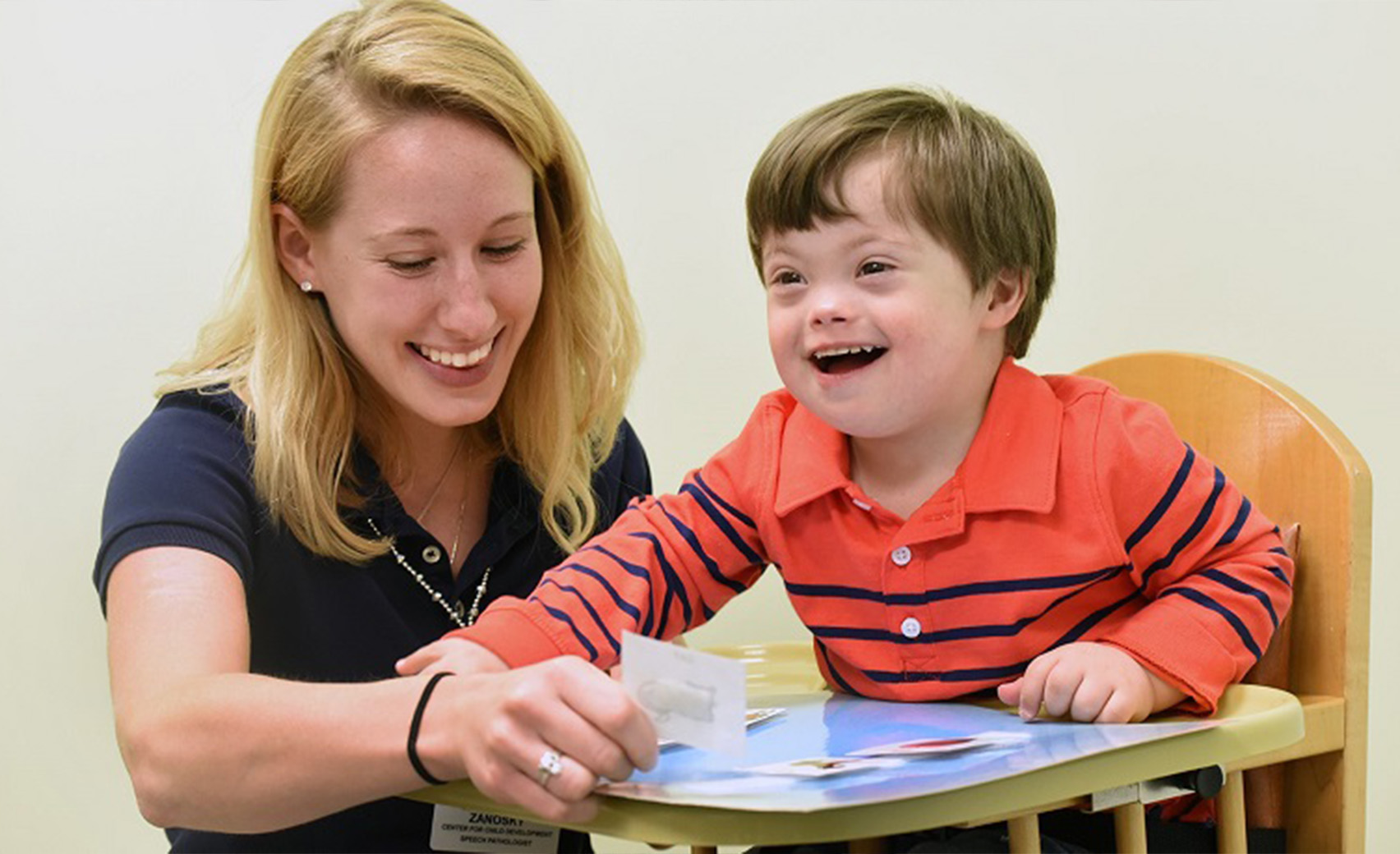A Guide for Collaborating with Down Syndrome Behavioral Therapists
W. Scott Westerman, III
Behavioral therapy can be a valuable resource to help children with Down syndrome develop essential life skills and improve their overall quality of life. Collaborating with a behavioral therapist effectively is crucial for achieving positive outcomes. Here are some key point parents can consider to support and work together with behavioral therapists to ensure the best care for their children. By nature, these messages are not all inclusive, but hopefully are catalysts for further reading and study. Here are eight helpful areas for consideration.
- Open and Effective Communication:
Effective communication is the cornerstone of any successful collaboration. Establish a strong and open line of communication with your child’s behavioral therapist. You have the clearest understanding of your child’s history, preferences, strengths, and challenges. Be honest about your goals, concerns, and expectations. This information helps the therapist create a tailored and effective intervention plan.
- Be Actively Involved:
Active involvement is key to your child’s success in therapy. Just as we don’t simply hand our children off to school teachers without being aware of how we can assist with the learning process, active engagement is a key to success. Attend therapy sessions whenever possible. Learn techniques and strategies to reinforce at home between sessions, ensuring a consistent approach to behavioral intervention.
- Set Realistic Goals:
One of our favorite maxims at Down Syndrome Nation is, “Have the same expectations, but realize your child will get theire on ‘the scenic route.'” Collaborate with the behavioral therapist to set achievable, specific, and measurable goals for your child. These goals provide a clear direction for therapy and allow you to celebrate successes along the way. Regularly review and adjust goals as your child progresses.
- Consistency is Vital:
Just as consistency is essential to any personal fitness program, children with Down syndrome respond best to consistent engagement. Work closely with the therapist to maintain strategies for growth both at home and in therapy. Stability and routine help reinforce new skills and behaviors, making it easier for your child to adapt and generalize these skills across various settings.
- Use Positive Reinforcement:
From the earliest research into human behavior, positive reinforcement techniques drive positive results. Incorporate affirming tactics suggested by the therapist into your daily routines. Praise and reward your child for their efforts and achievements. Positive reinforcement encourages motivation and helps to establish desired behaviors.
- Educate Yourself:
Do your own deeper dive into the pedagogy and research behind today’s most effective educational techniques. Take the initiative to learn the thought processes behind today’s behavioral therapy techniques. The more you understand your child’s condition and the strategies being employed, the better equipped you’ll be to support your child’s progress.
- Self-Care:
As caregivers, we often put our own needs at the end of the line. Caring for a child with special needs can be emotionally and physically demanding. Ensure you have a support system, and don’t hesitate to seek counseling or support groups if needed. If you take care of yourself, you can provide better support to your child and the therapist.
- Advocate for Your Child:
You are your child’s biggest advocate and have the ultimate responsibility for their wellbeing. If you have concerns or doubts about the therapy approach, discuss them with the therapist. It’s essential to have open conversations and ensure that you are comfortable with the methods being employed.
Working closely with a behavioral therapist is a collaborative effort that can significantly benefit children with Down syndrome. By fostering open communication, active involvement, consistency, and a positive and informed approach, you can provide invaluable support to your child’s progress. Together with your child’s therapist, you can help your child achieve their full potential and lead a fulfilling life.
References:
- Down Syndrome Diagnosis Network. (2021). Behavioral Challenges in Down Syndrome. https://www.dsdiagnosisnetwork.org/behavioral-challenges-in-down-syndrome/
- National Down Syndrome Society. (2021). Down Syndrome Fact Sheet: Behavior and Down Syndrome. https://www.ndss.org/resources/behavior-and-down-syndrome/
- American Academy of Pediatrics. (2011). Management of Children With Down Syndrome. https://pediatrics.aappublications.org/content/128/2/393

